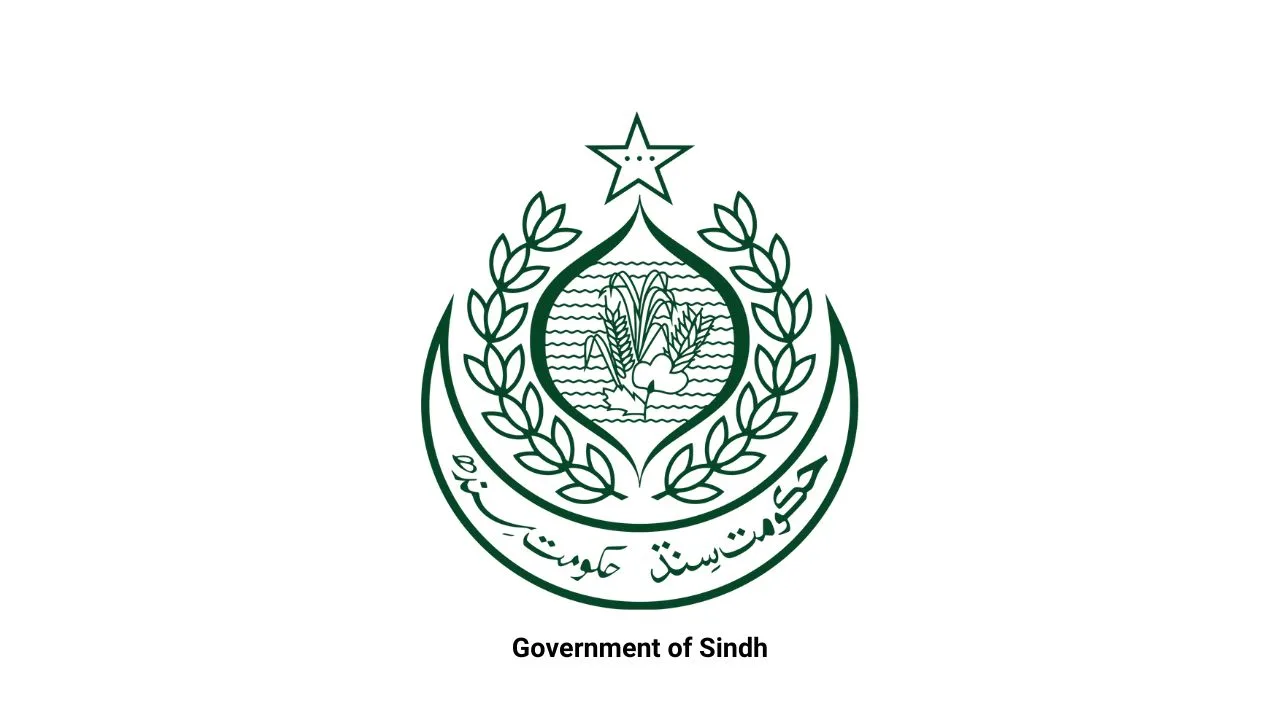On April 16 2015, the National Assembly IT Standing Committee passed Version 4 of the draft of the Pakistan Electronic Cybercrime Bill Pakistan. The current revision of the bill, now known as the Prevention of Electronic Crimes Bill Pakistan , is linked below. Post-2014, the consultation process was undertaken behind closed doors without the necessary public oversight and consultation from civil society stakeholders. Along with other rights groups, we are disturbed at the manner in which the bill has been revised, in effect criminalising freedom of expression, the right to privacy, and curtailing civil liberties.
Article 34, for example, permits “authorised” officers of the state to block or remove any information if the state:
How important Cybercrime bill Pakistan is ? Our Team member Snober describes ” Censorship is saying: ‘I’m the one who says the last sentence. Whatever you say, the conclusion is mine.’ But the internet is like a tree that is growing. The people will always have the last word – even if someone has a very weak, quiet voice. Such power will collapse because of a whisper.
No to Internet censorship and regulation. #SayNoToCyberCrimeLaw
On Micro-Blogging Social Network the trend is active #SayNoToCyberCrimeLaw . People are unhappy by this bill to make it more clear here’s the complete PDF copy of the bill so you can read whatever is mentioned.
doesn’t matter what we have to say about it what matters is what the Cybercrime bill pakistan Says Must read carefully.
Some noteworthy points of Cybercrime Bill Pakistan
- Illegal Interference With Information System
- Electronic Forgery
- Cyber Terrorism
- Electric Frauds
- Making, Supplying or Obtaining devices for offenses
- Identity Crimes
- Unauthorized Interception and
- Special Protection for Women
After reading it, you decide yourself?
Cybercrime Bill Pakistan
Objections on Cybercrime bill Pakistan 2016
Critics of Digital Right Foundation have mentioned that while this draft contains strict surveillance of cyber activities and procedures to prevent cybercrimes, some of its provisions violate international standards on freedom of expression. Moreover, the bill endangers free speech and lacks procedural safeguards against surveillance activities carried out by intelligence agencies.
Worth Reading …
An open letter to Senate of Pakistan regarding Pakistan Protection Ordinance 2014 “Pakistan’s new law: no free speech… and you’re a terrorist unless you can prove otherwise”
Respected Senators,
The recent uproar over the Pakistan Protection Ordinance 2014 has created quite a stir in the country’s digital media platforms, and rightly so. The Government of Pakistan has recently passed, what appears to be, the most draconian and regressive anti-terror law in the National Assembly. The Pakistan Protection Ordinance 2014 has already been signed by the President and will soon be presented – and most likely approved – by the Senate on April 20, 2014.
The proposed law clearly inhibits fundamental rights to freedom of speech, privacy and peaceful assembly on the Internet. In its current form, the law could be used to suppress peaceful political opposition and criticism of government policy online, on social media for instance. In its schedule of offences, the law also lists “crimes against computers including cyber crimes, internet offenses and other offenses related to information technology etc”. Also, instances where a person who commits any crime mentioned in the scheduled offenses becomes a cognizable and non bailable offense.
Any person accused within the sphere of scheduled offences will be liable to face a charge on grounds of reasonable evidence against him/her, and will be assumed to be engaged in waging a war or insurrection against Pakistan, unless he/she establishes his/her non-involvement in the offence, which reverses the burden of proof and undermines the right to due process and fair trial. The scheduled offence shall be punishable with imprisonment, which may extend to 10 years, with fine and confiscation of property.
The provision regarding internet crimes is so vague that it can be abused against journalists, politicians, minorities, students, activists, political dissidents and groups who are using the internet for activities which would not in any way be counted and ascertained as terrorism. From a due process perspective, there doesn’t seem to be a very strong case for introducing cyber crimes in the PPO 2014, when a separate Electronic Cyber Crime bill is already being drafted. So, what is the true intent of introducing an additional or supplementary provisions with regard to “Internet Crimes”?
The state of open access to internet in our country is dismal. In the 2013 Freedom on the Net report, Pakistan’s Internet freedom status in 2012-13 was ‘Not Free.’ The introduction to the report states: Successive military and civilian governments have adopted various measures to control the internet in Pakistan, which they frame as necessary for combating terrorism. In Freedom of Press, Pakistan ranks 159 among 179 countries. In the planned Ordinance, provision related to warrant less raids is in violation of Article 14 of our Constitution.
With the Electronic Cyber Crime bill, Pakistan has the momentous opportunity to set the benchmark in South Asia and the Global South in right to free speech online. This right necessitates freedom from persecution for all citizens who use digital communications platforms to express opinions, dissent, or critique against the state. As Benjamin Franklin said, “Whoever would overthrow the liberty of a nation must begin by subduing the freeness of speech.”
Prevention of Electronic Crimes Act, 2016. by Farhan Imaan on Scribd
In an era where individuals, non-governmental organizations and international institutions rely on the multiplier effect of social media and digital news outlets to highlight issues of injustice and human rights violations, it doesn’t augur well for the country’s freedom of speech and human rights index to even consider this Ordinance.
Digital Rights foundation demands and calls on the senators to protect the rights to freedom of speech and privacy in accordance with Pakistan’s obligations under international conventions, remove the clause of cyber crimes from Pakistan Protection Ordinance 2014 and revise the law with the consultation of relevant stake holders.
Contact: nighat@digitalrightsfoundation.pk









